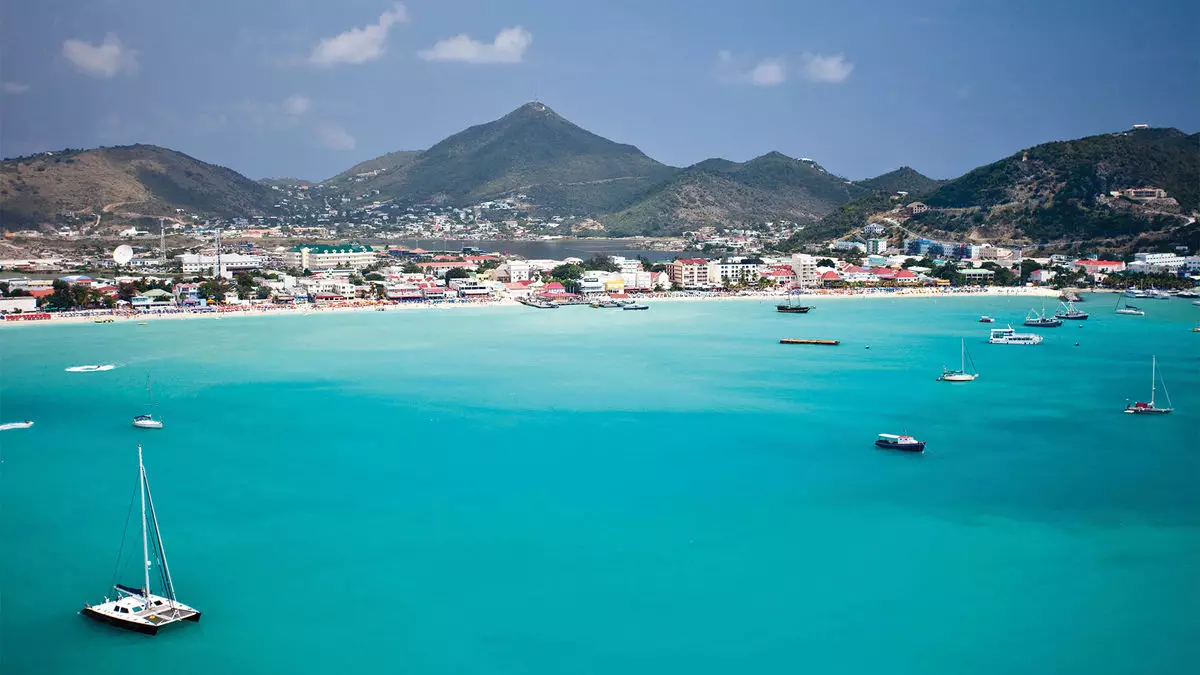In the wake of disasters, the Caribbean often grapples with a challenge that goes beyond tangible infrastructural damage. It’s a battle for perception that can define the trajectory of tourism recovery. Misinformation can portray an entire island as irreparably damaged when, in reality, only specific areas may have been affected. This distortion can lead to a significant decline in visitor numbers, even when many parts of a destination are stable and ready to welcome tourists. Experts in the region’s tourism industry express a pressing need for swift, clear communication strategies to combat these misconceptions. Nicola Madden-Greig, a key figure in Caribbean tourism, aptly highlights that the slow rebound of the region often stems from misperceptions rather than actual conditions on the ground.
Harnessing Technology for Accurate Information
Countries like Jamaica are stepping up their game by employing modern technology to enhance crisis communication. The introduction of AI-powered chatbots on platforms such as VisitJamaica.com provides both tourists and travel advisors with immediate updates about the current situation on the ground. These tech-driven initiatives play a crucial role in dispelling the myths that can deter potential visitors. The efficiency and accessibility of real-time information serve as powerful tools to counteract the fear that often clouds travelers’ judgment post-crisis. Steven Defontes, an advertising leader for Caribbean destinations, emphasizes that transparency is key. Clear communication about what areas are safe can go a long way in restoring confidence among travelers.
Transparency: The Cornerstone of Traveler Safety
Defontes mischaracterizes the perception of safety as the crux of modern travel. In times of uncertainty, travelers prioritize assurance over allure. The marketing narrative during such times must shift to include messages of safety and preparedness. When a specific area is not accessible, the strategy should pivot to showcasing the goodness that remains—whether it’s highlighting volunteer opportunities or promoting the resilience of the community. Authenticity plays a vital role as well; today’s travelers crave real-time information over perfect advertising campaigns. They want to understand the actual conditions, making relatability an essential component of communication strategies.
The Role of Influencers and Ground Reporters
Influencers and journalists can serve as the eyes and ears for potential visitors. Their firsthand accounts can provide invaluable insights into regions that may be operational despite nearby crises. Influencers can illustrate life moving forward, helping to mitigate fears and provide a clearer picture of what travelers can expect. This authenticity resonates strongly with an audience seeking to make informed decisions. The recent history of Puerto Rico, which rebounded impressively from the devastation of hurricanes, underscores this point. Through innovative campaigns that flaunted the island’s revival and commitment to excellence, Puerto Rico managed to attract a record number of visitors just a couple of years after the storm.
Travel Advisors: Essential Allies in Crisis
Travel advisors occupy a pivotal position as communication conduits between the tourism industry and the traveling public. Their expertise allows them to reassure clients with factual, up-to-date information about safety and recovery measures. Advisors are instrumental in illustrating the ways in which destinations prepare for and recover from disastrous events, emphasizing sustainable tourism practices and resilience-building initiatives. These measures not only enhance traveler safety but also support the long-term health of the regional tourism economy.
The Path Forward: A Unified Approach
The necessity for a coordinated effort to address misperceptions cannot be overstated. Ideally, stakeholders across the tourism sector must unite in fostering a narrative of resilience, hope, and recovery. This unified communication could serve as a bedrock for rebuilding trust and enthusiasm among potential travelers. By leveraging strategic technology, transparent messaging, and authentic storytelling, the Caribbean can effectively counter misinformation and pave the way for sustainable tourism growth in the aftermath of crises.
In an era where information travels faster than ever, the Caribbean must recognize that perception is a potent force that can either paralyze its tourism potential or propel it towards a flourishing future. The road to recovery might be fraught with challenges, but with strong, authentic communication strategies, the region can navigate its way back to prominence on the global tourism map.


Napsat komentář